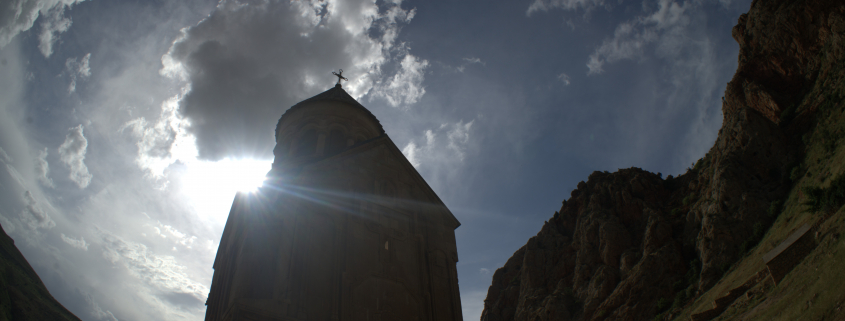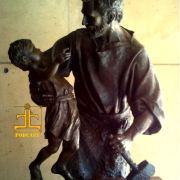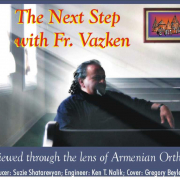Processing Knowledge
Armodoxy for Today: Processing Experiences
There is an old adage that says with age comes wisdom. It’s based on the supposition that through life experiences we acquire knowledge, and we process that knowledge into wisdom. But the process of processing that knowledge is not consistent across the vast variety of people, that is not every one’s processing of knowledge leads to wisdom.
The Book of Proverbs, found in the Old Testament, is about wisdom. The first few lines of the Book of Proverbs explain why the book is written:
To know wisdom and instruction,
To perceive the words of understanding,
To receive the instruction of wisdom, justice, judgment, and equity;
To give prudence to the simple, to the young man knowledge and discretion—
A wise man will hear and increase learning, and a man of understanding will attain wise counsel,
To understand a proverb and an enigma, the words of the wise and their riddles.
The fear of the Lord is the beginning of knowledge, but fools despise wisdom and instruction.
When the Armenian Church monk Mesrob Mashdots invented the Armenian alphabet at the beginning of the 5th century, the first bit of text that he translated were these words of preface of the Book of Proverbs. It is said that he did so to test the discovered letters before embarking on the translation of the entirety of Holy Scripture.
It is worth re-reading this passage with the knowledge that for the Armenian Church, this quest for wisdom was a priority of mission. Armodoxy attests to this. Most religious traditions share a quest for wisdom. Today, in an age where knowledge is a google-search away from anyone with a keyboard and processor – desktop, laptop or phone – the mechanism for processing that knowledge into wisdom is lost.
An anecdote which illustrates that process of knowledge to wisdom, is a beautiful story which has a counter part in many different traditions. In Buddhism it is told of a master and a student, in Armodoxy we tell it of an elderly priest and the young seminarian. In an effort to trick the master, the young student comes up with a scheme that will certainly prove that the wisdom of the elderly priest was not processed knowledge. The student placed a small bird in his hand and hid it behind his back. He turned to his teacher and said, “I am holding a bird in my hand, can you tell me if it is dead or alive?”
The scheme was rather clever. If the master said the bird was alive, then the student would crush it in his hand and reveal a dead bird. If the master said the bird was dead, then the student would merely open his hand and the bird would fly away. In both instances, the master would be wrong.
With bird in hand tucked behind his back, the young man approaches the elderly priest and asks, “Tell me master, is the bird I am holding in my hand, dead or alive?”
The priest, with a smile on his face, responds, “The answer is in your hand.”
The wisdom from this short story is profound, as most wisdom is. We are living in a time and space where we are quick to spew out bits and pieces of knowledge, and we now even have computer assisted means by which we can gather more and more knowledge. Wisdom is the necessary processing of knowledge. Jesus, processed knowledge into wisdom when he allowed for the stoning of the adulterer, but only by those who had no sin (John 8), or answered the question of taxation by saying “Render unto Ceasar what is Ceasar’s and unto God what is God’s.” (Matthew 22) In fact, on closer look we find that Jesus is wisdom. St. Nersess Shnorhali refers to him as “Wisdom of the Father.” Our survival as a people and species depends on finding wisdom. That wisdom is within our reach.
We pray, from St. Nersess Shnorhali’s 11th hour, Jesus, Wisdom of the Father, grant me your wisdom that I may speak, think, and do that which is good in your sight. Save me from evil thoughts, words and deeds. Amen.
Cover photo: Courtesy Gregory Beylerian


 2025 Epostle
2025 Epostle







 2023 Fr. Vazken
2023 Fr. Vazken
Leave a Reply
Want to join the discussion?Feel free to contribute!